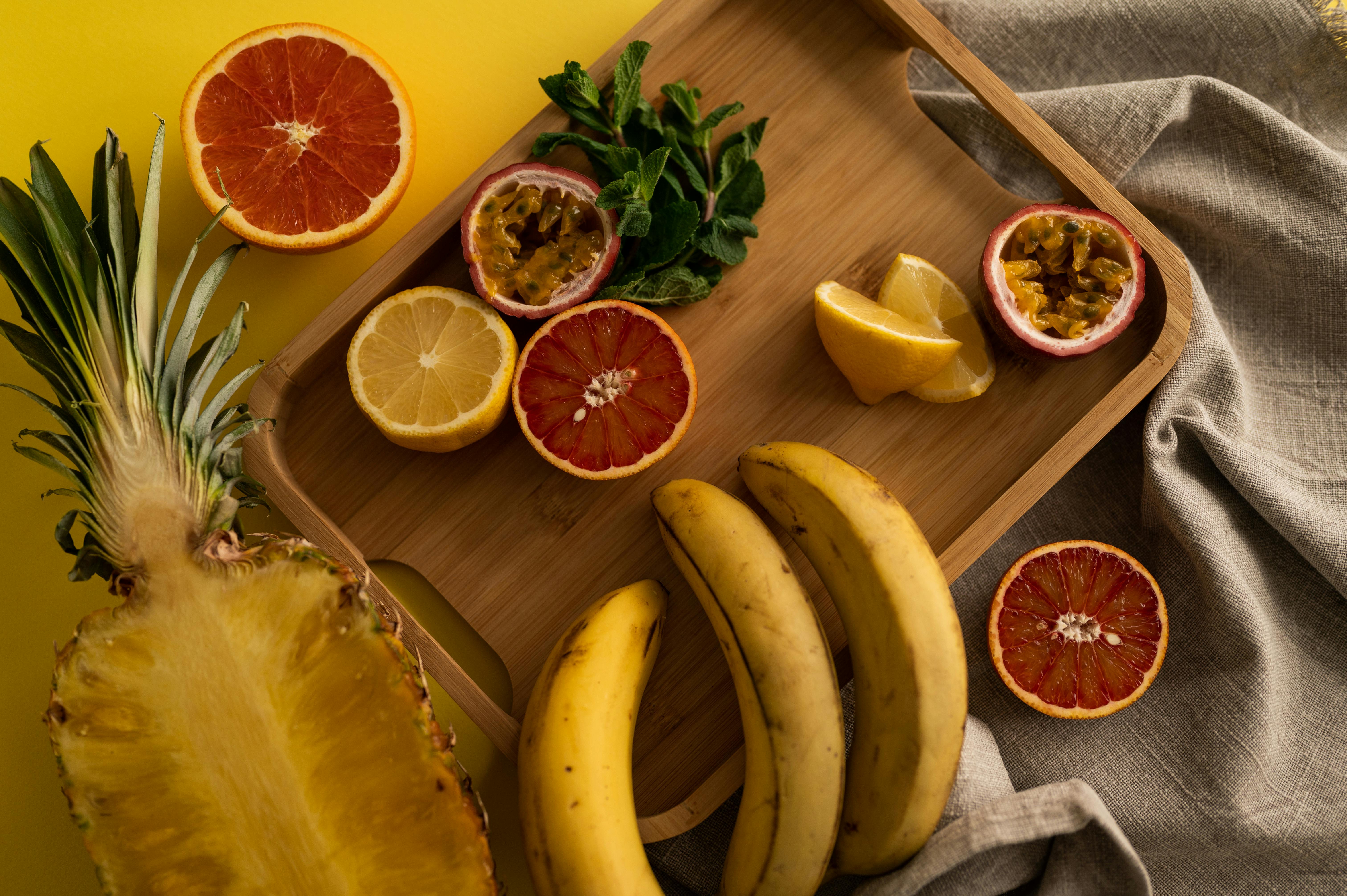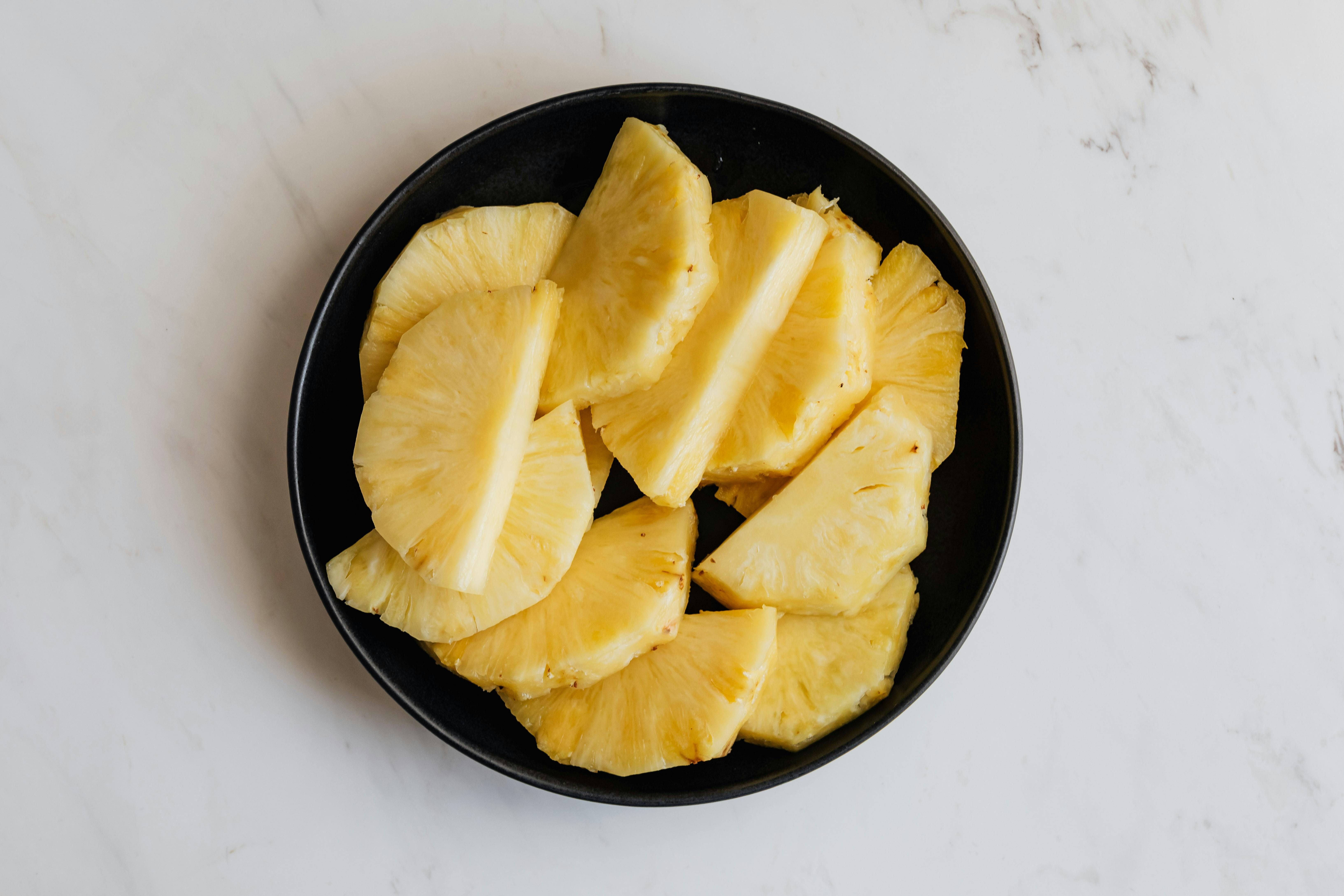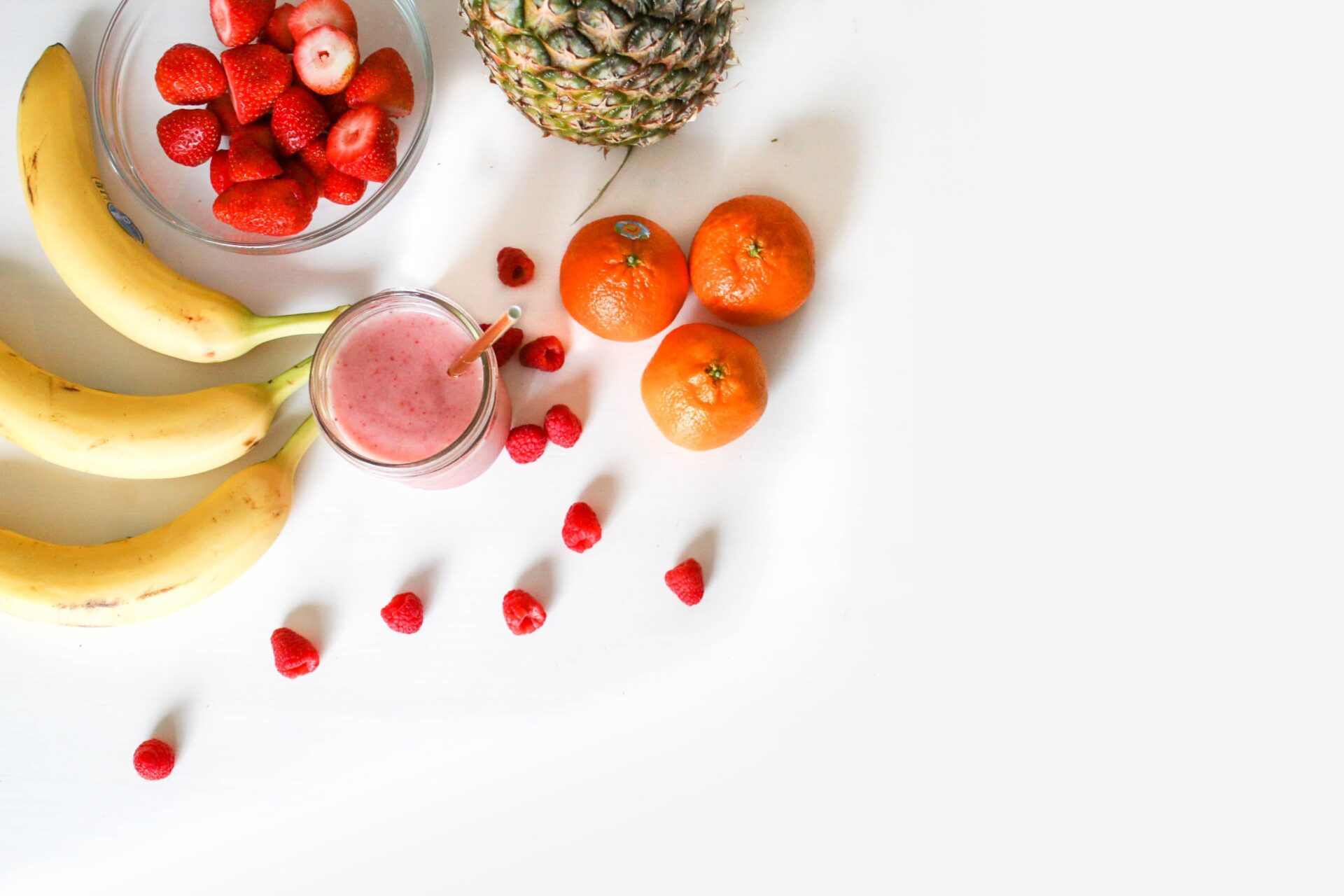Pineapple juice is a delicious and refreshing beverage enjoyed by many. But does pineapple juice go bad? The answer is yes, just like any other food or drink, pineapple juice will eventually spoil. In this article, we will discuss how long pineapple juice will stay fresh and what signs to look for that indicate it has gone bad.Pineapple juice can last up to 7-10 days when stored in the refrigerator. It is best to keep it in an airtight container or sealed bottle, and consume it within that time frame.
Is it safe to drink expired pineapple juice?
The safety of drinking expired pineapple juice depends on how it has been stored and how long it has been expired. If the juice has been in the refrigerator and was consumed within a few days of its expiration date, then it should be safe to drink. However, if the juice has been left out in room temperature for several days or weeks, then consuming it may pose a health risk, as bacteria can grow in the juice. Additionally, if the pineapple juice has an unusual smell or taste, then it should not be consumed. It is best to discard any expired pineapple juice that is no longer safe to drink.
To maintain safety and quality of fresh pineapple juice, it is important to store it properly. Pineapple juice should be kept in an airtight container and refrigerated at all times. If possible, try to use up the pineapple juice within one week of opening. This will help ensure that you are consuming fresh and safe pineapple juice.
Appearance
When pineapple juice is bad, it will usually appear cloudy or discolored. It may also have an off-putting smell. If the juice appears to be lumpy or has settled at the bottom of the container, it is likely spoiled and should be discarded.
Taste
Pineapple juice that has gone bad will taste sour and may have a sharp unpleasant flavor. It can also have a bitter aftertaste and may even taste fermented. Any pineapple juice that tastes off should not be consumed.
Consistency
Bad pineapple juice will usually have a thicker consistency than normal, with clumps of particles in the liquid. The color of the liquid may also vary from its original light yellow hue to a darker shade of brown or green. This is an indication that bacteria has contaminated the juice and it should no longer be consumed.
Signs of Pineapple Juice Going Bad
When it comes to pineapple juice, it is important to be aware of the signs of it going bad. First, you should check if the juice has been stored properly. If it has been stored in a cool, dark place and kept away from direct sunlight, then chances are that it is still good. However, if you notice that the pineapple juice has an off-smell or an unpleasant taste, then this is usually a sign that the juice has gone bad. You should also check to see if there are any visible signs of mold or discoloration on the surface of the juice. If so, this indicates that the pineapple juice has gone bad and should not be consumed.
Another way to tell if your pineapple juice has gone bad is to check its expiration date. If the expiration date has passed, then it is likely that the pineapple juice will no longer be safe to consume. It is important to always make sure that you are aware of when your food and beverage items expire in order to avoid consuming anything that may have gone bad.
Finally, you can check for any changes in texture or taste when consuming your pineapple juice. If there have been any changes in texture or taste since when you opened it originally, then this could mean that the pineapple juice may have gone bad and should not be consumed.
Storing Pineapple Juice for Maximum Shelf Life
Pineapple juice is a delicious and nutritious drink, but it can quickly go bad if not stored correctly. Proper storage of pineapple juice is essential for maintaining its freshness and maximizing its shelf life. The best way to store pineapple juice is in an airtight container in the refrigerator. It should be kept away from direct sunlight and other sources of heat, such as a stove or oven, as this can cause the juice to spoil more quickly. It’s also important to make sure that the container is clean before use, as this will help keep bacteria from growing on the surface of the juice. Finally, when possible, it’s best to buy pineapple juice that has been pasteurized, as this will also help extend its shelf life. With these storage tips in mind, you can enjoy your pineapple juice for longer!
It’s also important to note that once opened, pineapple juice should be consumed within a few days for optimal freshness and flavor. If you don’t think you’ll be able to drink it within that time frame, you may want to consider freezing it instead. To freeze pineapple juice, pour it into an airtight container (preferably one specifically designed for freezing) and place in the freezer. Once frozen solid, transfer the container to the refrigerator where it can remain frozen for up to three months before needing to be discarded. With proper storage techniques in place, you can enjoy your delicious pineapple juice for much longer!

Knowing if Pineapple Juice Needs to be Refrigerated
Pineapple juice is a refreshing and delicious beverage that can be enjoyed in many different ways. It is also a great source of vitamins and minerals that are essential for good health. However, pineapple juice does have a limited shelf life and needs to be stored properly in order to maintain its freshness. In order to determine whether or not pineapple juice needs to be refrigerated, it is important to consider the packaging as well as the expiration date on the bottle or carton.
If the pineapple juice is packaged in a container with an airtight lid, such as a can or a tetra-pak carton, then it does not need to be refrigerated before opening. Once opened, however, it should be consumed within three days and stored in the refrigerator for optimal freshness. If the pineapple juice is packaged in an open container such as a glass bottle or plastic jug, then it should be refrigerated both before and after opening.
It is also important to check the expiration date on all pineapple juice products before consumption. If the product has expired, then it should not be consumed regardless of whether or not it has been refrigerated. Additionally, if there is any visible signs of spoilage such as mold or discoloration then the product should not be consumed either.
In conclusion, knowing whether or not pineapple juice needs to be refrigerated depends on how it is packaged as well as its expiration date. If the product comes in an airtight container then it does not need to be refrigerated before opening but should still be consumed within three days after opening and stored in the refrigerator for optimal freshness. If it comes in an open container then it should always be kept in the refrigerator both before and after opening. Additionally, all pineapple juice products should always be checked for spoilage before consumption and should never be consumed if expired or visibly spoiled.
Drinking Expired Pineapple Juice
Drinking expired pineapple juice can be dangerous, as the juice may contain bacteria or other microorganisms that can cause illness. In particular, if the pineapple juice has been stored for a long period of time or has been exposed to warm temperatures, it is more likely to contain harmful bacteria. Consuming expired pineapple juice could cause symptoms such as nausea, vomiting, diarrhea, abdominal pain, and fever. These symptoms can range from mild to severe and in some cases can even lead to hospitalization.
It is important to always check the expiration date before consuming any food or beverage product. If the pineapple juice has expired, do not drink it. Instead, discard it in a safe manner. Be mindful not to contaminate other food items with the expired juice. Additionally, if you notice any changes in the smell or color of the juice before or after opening it, do not drink it and discard it immediately.
It is also important to store pineapple juice properly in order to reduce the risk of contamination. Store opened pineapple juice in an airtight container in a refrigerator at 40°F (4°C) or lower for up to one week. Unopened pineapple juice should be stored at room temperature away from direct sunlight and should be consumed within two weeks of purchase for best quality and taste.
Homemade vs Store-Bought Pineapple Juice
When it comes to pineapple juice, there are two options: homemade and store-bought. Homemade pineapple juice is made by blending fresh pineapple with water, while store-bought pineapple juice is found in cartons or cans. Both types of pineapple juice have their own advantages and disadvantages.
The biggest benefit of homemade pineapple juice is that it’s fresher and more nutritious than store-bought versions. It contains more vitamins and minerals since it’s made with fresh fruit, and no preservatives or added sugar are required. Homemade pineapple juice also tastes better than store-bought varieties, as you can control the sweetness level to suit your taste.
However, making homemade pineapple juice takes time and effort. You need to clean the fruit, cut it into small pieces, then blend it with water before drinking it. It’s also difficult to make large quantities of homemade pineapple juice since you need a lot of fresh fruit for each batch.
Store-bought pineapple juice is much more convenient than homemade since you can purchase pre-made cartons or cans from any grocery store. While these versions may not be as nutritious as homemade because they often contain added sugar or preservatives, they are still a healthy choice if you choose one without any added ingredients. Store-bought juices are also great for making smoothies or cocktails since they come in larger quantities compared to making your own from scratch.
Overall, both homemade and store-bought pineapple juices have their own pros and cons depending on your needs. If you’re looking for a healthy choice that tastes great but requires some effort to make, go for the homemade version; otherwise, choose a store-bought variety that suits your needs best.

Conclusion
Pineapple juice can go bad if you store it incorrectly. The main factors that will determine how long your pineapple juice will stay good are temperature, light exposure, and air exposure. Keeping your pineapple juice in a cool, dark place with an airtight container is the best way to ensure that it stays fresh and does not spoil. If your pineapple juice has been stored properly but does not taste good or smells off, it is probably spoiled. Spoiled pineapple juice should be discarded to prevent foodborne illnesses.
Overall, while pineapple juice can go bad if it is stored improperly, there are many ways to ensure that your pineapple juice stays fresh and safe for consumption. Properly storing your pineapple juice in a cool, dark place with an airtight container is the best way to keep it from spoiling.



